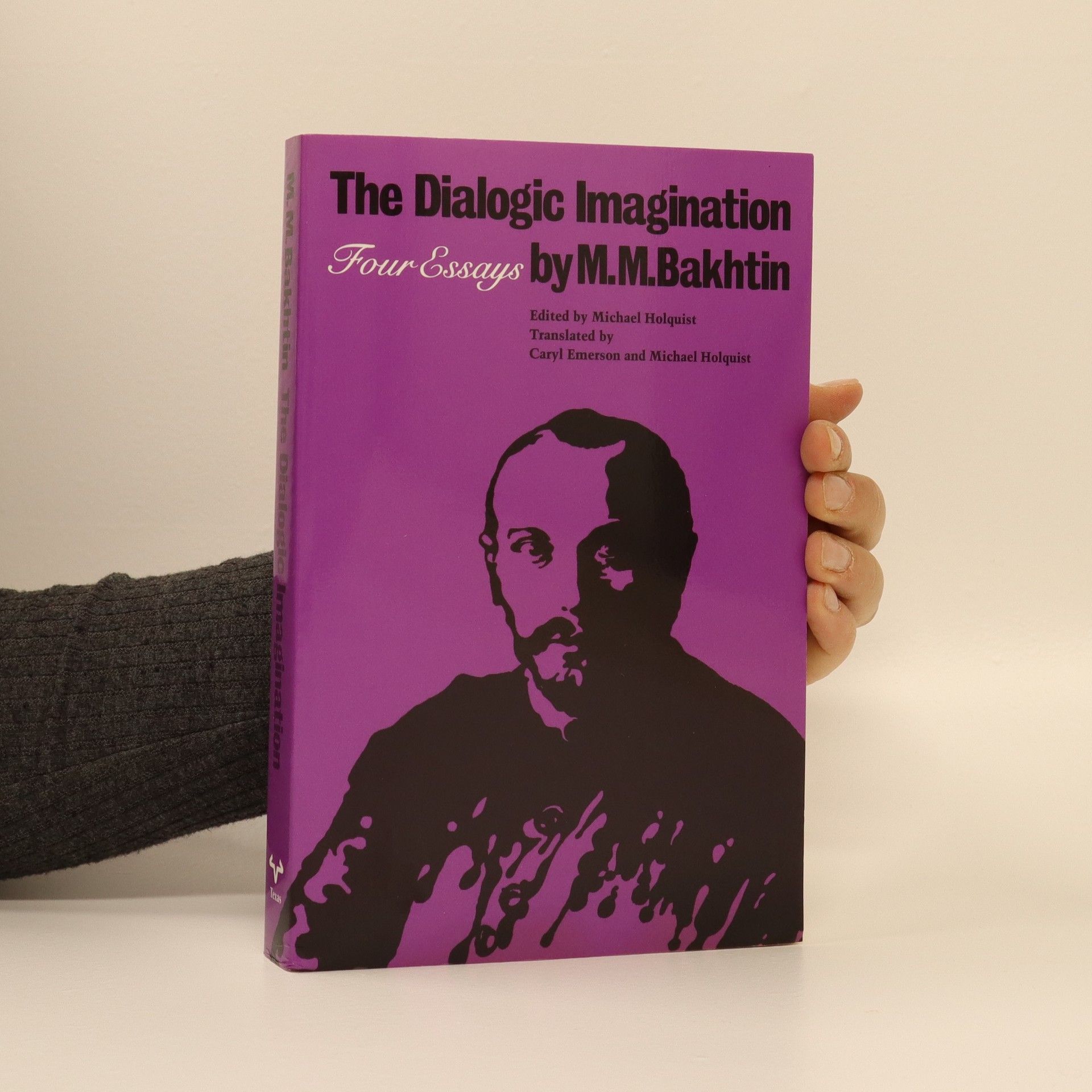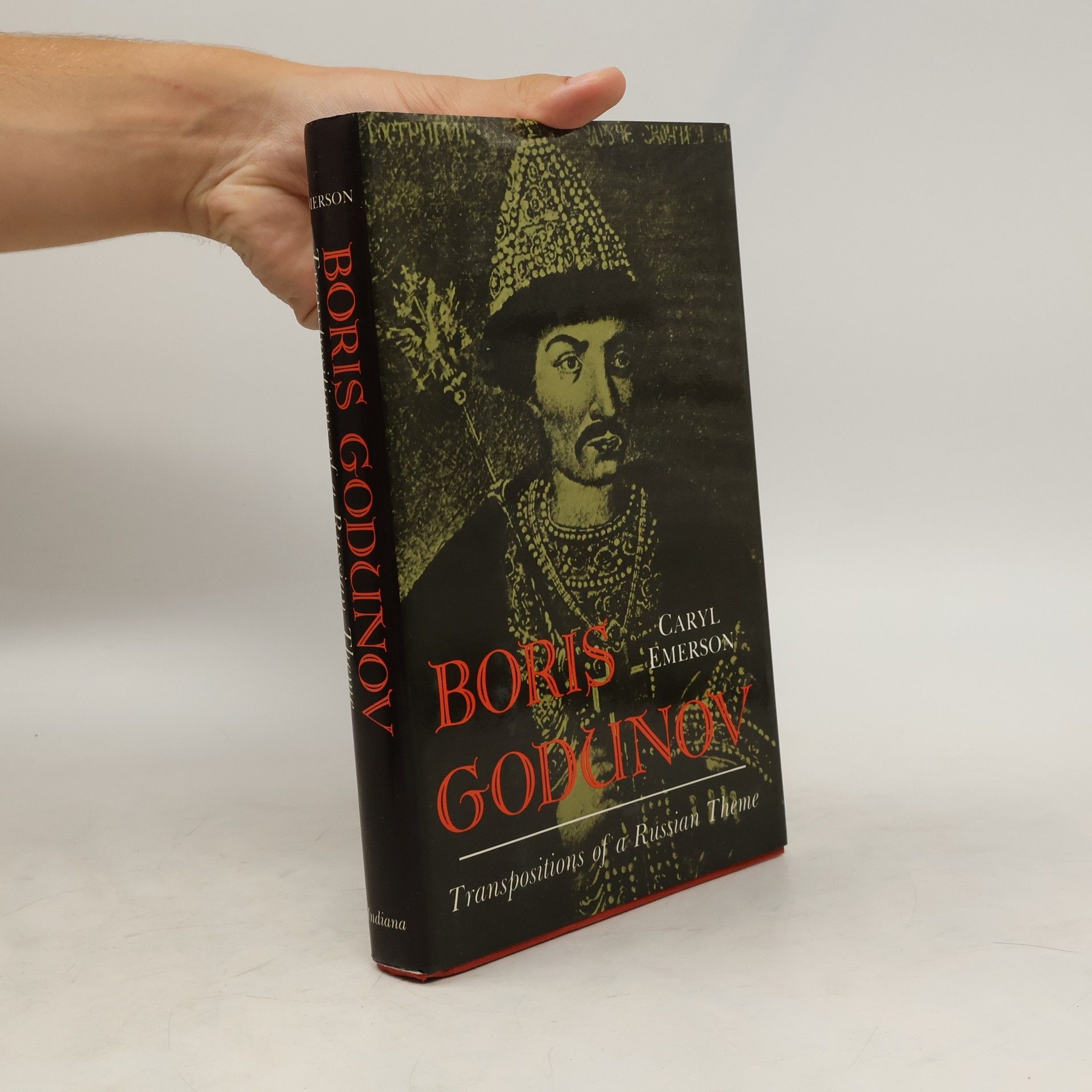This is a brief biography of Russia's greatest musical dramatist, Modest Musorgsky (1839-1881), known the world over for his opera Boris Godunov, for his innovative realistic art songs, and for his pianistic work "Pictures at an Exhibition." Yet during his life Musorgsky had no institutional connections, no "degree," no family of his own, not even a permanent address. This book emphasizes the psychological and economic factors that contributed to the composer's remarkable autodidactic rise and tragic, premature end.
Caryl Emerson Bücher




Boris Godunov
Transposition of a Russian Theme
The tale of Boris Godunov―tsar, usurper, tsarecide―dating from the early seventeenth-century Time of Troubles, inspired three major nineteenth-century Russian cultural in history by Nikolai Karamzin, in drama by Alexander Pushkin, and in opera by Modest Musorgsky. Each of these famous creations was a vehicle for generic innovation, in which a specifically Russian concept of genre was asserted in opposition to the reigning European German historiography, French melodrama, and Italian opera. Within a Bakhtinian framework, Caryl Emerson explores these three versions of the Boris Tale, the context of their genesis, and their complex interrelationships.
The dialogic imagination: Four essays
- 444 Seiten
- 16 Lesestunden
These essays reveal Mikhail Bakhtin (1895-1975)—known in the West largely through his studies of Rabelais and Dostoevsky—as a philosopher of language, a cultural historian, and a major theoretician of the novel. The Dialogic Imagination presents, in superb English translation, four selections from Voprosy literatury i estetiki (Problems of literature and esthetics), published in Moscow in 1975. The volume also contains a lengthy introduction to Bakhtin and his thought and a glossary of terminology. Bakhtin uses the category "novel" in a highly idiosyncratic way, claiming for it vastly larger territory than has been traditionally accepted. For him, the novel is not so much a genre as it is a force, "novelness," which he discusses in "From the Prehistory of Novelistic Discourse." Two essays, "Epic and Novel" and "Forms of Time and of the Chronotope in the Novel," deal with literary history in Bakhtin's own unorthodox way. In the final essay, he discusses literature and language in general, which he sees as stratified, constantly changing systems of subgenres, dialects, and fragmented "languages" in battle with one another.
The Cambridge Introduction to Russian Literature
- 352 Seiten
- 13 Lesestunden
An engaging overview of the Russian literary tradition, with a glossary and guide to further reading.